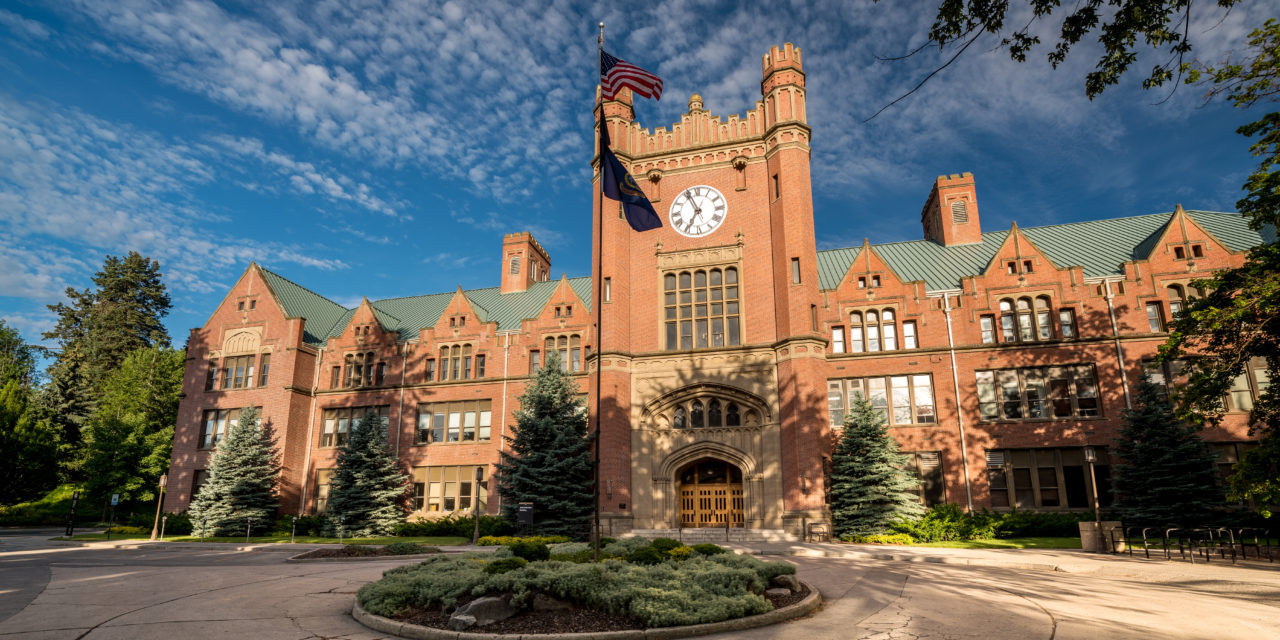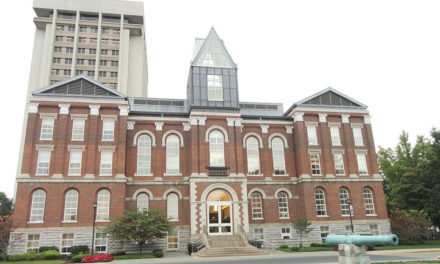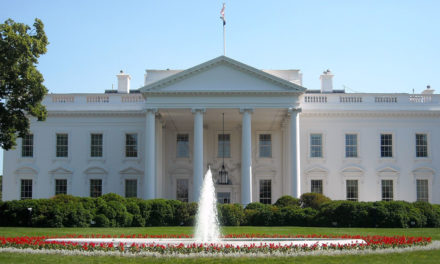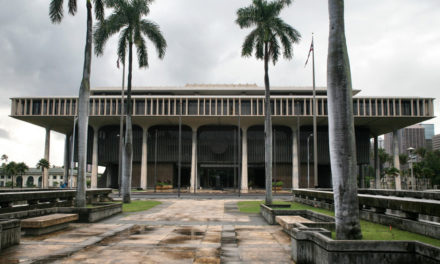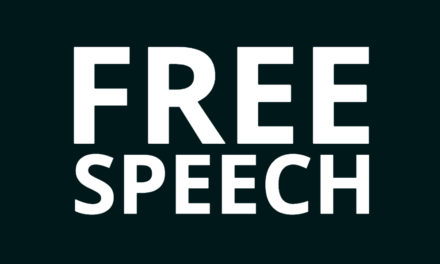Another public university is in the news for issuing a “no contact” order to three members of a Christian student club requiring them to have no contact with a fellow student who was offended by a discussion of the club’s biblical standards on sex and marriage. The Christian students, who were given no notice or chance to defend themselves from the school’s “gag order,” are suing the University of Idaho (UI) in federal court, with help from Alliance Defending Freedom (ADF) attorneys.
Peter Perlot, Mark Miller and Ryan Alexander are members of the student chapter of the Christian Legal Society (CLS) at UI. They are also law students at UI’s College of Law and plaintiffs in the lawsuit.
On April 1, the law school held what it called a “moment of community” in response to an anti-LGBT slur left on a whiteboard at the university’s Boise campus. CLS members were there to condemn the slur and to publicly support and pray in solidarity with their fellow students.
At the event, the three CLS members were approached by another law student, who asked the three why CLS requires its officers to affirm a belief that marriage is between one man and one woman.
The did so, explaining the biblical view of marriage and sexuality. One of the CLS members later left a note for the inquiring student, telling her that they would be happy to discuss the issue further.
On April 4, the inquiring student publicly denounced CLS at a panel with the American Bar Association (ABA), and even untruthfully alleged the CLS students told her to “go to hell.” A CLS member at the ABA function objected to her statements as inaccurate and raised the issue of discrimination against CLS and its beliefs at the university.
Three days later the university issued the “no contact” order to Perlot, Miller and Alexander prohibiting them from having any communication with the female student who had originally talked to them about CLS’ leadership requirements.
The three received no advance notice or chance to defend themselves before the university imposed its order.
The university cited its authority under the school’s policy against sexual harassment, which it defines as “conduct on the basis of sex” that is “determined by a reasonable person to be so severe, pervasive, and objectively offensive that it effectively denies a person equal access to the University’s education program or activity.” It should be noted that homosexuality is a protected class under this policy.
How on earth did the three CLS members, by answering a question and later defending the Bible in an ABA function, violate the university’s sexual harassment policy?
And if the harassment charge is related to the CLS position on homosexuality – which we can only surmise because of the original question from the offended student – how ironic would it be that the entire sequence of events was triggered by CLS support for the university’s just condemnation of a gay slur?
Instead, the university infringed the three CLS members’ right to free speech, based solely on the content of their speech.
And remember, we’re talking about law students, typically somewhere between the ages of 22 and 25 (or older) who are being trained to listen to opposing viewpoints and use logic, history and persuasion to challenge those viewpoints.
If this is how young adults being trained in the law are instructed to react to disagreeable perspectives, this particular law school is failing them in a major way.
And, shouldn’t law schools be the foremost defenders of the U.S. Constitution and the First Amendment, rather than the first to eagerly trample their provisions?
This situation at UI’s law school is embarrassing for the legal profession.
ADF Senior Counsel Tyson Langhofer explained the reasons for the lawsuit in a press release.
“Today’s university students will be tomorrow’s leaders, judges, and school administrators, so it’s imperative that university officials model the First Amendment freedoms they are supposed to be teaching their students,” said Langhofer. “University of Idaho administrators cannot punish students because they dislike or disagree with their deeply held beliefs—that is religious discrimination and, unfortunately, necessitates this lawsuit.”
Unfortunately, this is not the first public university to use “no contact” orders recently to prevent adult students from hearing what other adult students have to say on important topics of public interest – namely, about Christianity.
In March, the University of Southern Illinois also issued a “no contact” order to another Christian graduate student, Maggie DeJong, whose biblical viewpoints she expressed in her art therapy counseling courses offended several non-Christians. In her case, the university quickly dropped its investigation of DeJong and rescinded its “no contact” order once her attorneys – also with ADF – stepped in.
Let’s hope and pray the University of Idaho comes to its constitutional senses in short order, and that this “trend” – if it is one – of woke universities babying adult students by shielding them from disagreeable points of view quickly gets nipped in the bud.
The only proper constitutional remedy for speech we disagree with, to quote the famous Supreme Court Justice Louis D. Brandeis, “is more speech, not enforced silence.”
Photo from Shutterstock.

